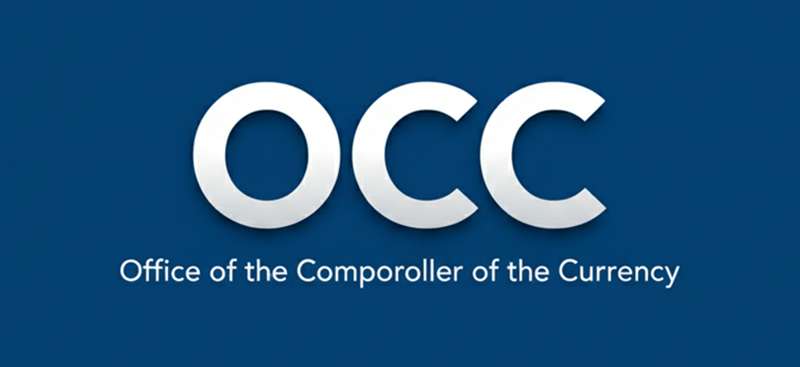TL;DR
- Crypto.com applied for a National Trust Bank Charter with the U.S. OCC.
- The goal is to offer federally regulated digital asset custody services for institutional clients.
- This move follows the strategy of Ripple and Circle to integrate with the traditional banking system.
Crypto.com is seeking deeper integration with the United States financial system. The popular cryptocurrency exchange filed a formal application for a National Trust Bank Charter with the Office of the Comptroller of the Currency (OCC). This is a definitive step that could transform Crypto.com into one of the first federally regulated crypto-asset custodians in the country.
The license would allow the firm to operate under a framework similar to national banks, offering essential custody and treasury services for institutional clients. This includes managing digital assets, exchange-traded funds (ETFs), and staking products across multiple blockchains, notably its own Cronos network.
CEO Kris Marszalek explained that the decision reflects a long-term strategy to align with traditional finance. “Building trust has always been at the heart of our mission,” he stated, underscoring the goal of making cryptocurrencies as reliable and transparent as the banking sector itself.
Currently, Crypto.com already operates the Crypto.com Custody Trust Company (CCTC) under New Hampshire state supervision. The new federal application will not replace this structure but rather complement it, allowing the company to operate simultaneously at the state and federal levels.

The Trend Toward Federal Legitimacy
Industry analysts point out that the reason Crypto.com is seeking a federal banking license goes beyond mere compliance: it is an attempt to future-proof the company while Washington debates the long-awaited crypto market structure bill.
Crypto.com is not alone in this race. Both Ripple and Circle, major players in cross-border payments and stablecoins, have applied for similar federal charters. Coinbase has also started down this path, signaling a broad trend toward regulatory normalization. These firms recognize that the next era of growth will depend on regulatory adoption, not avoidance.
If approved, Crypto.com could offer federally-backed custody, something highly sought after by pension funds, corporate treasuries, and ETF issuers, who are wary of the current fragmented state-by-state oversight.
This effort also reflects a political shift, where regulators seem more willing to integrate digital assets into existing banking laws. Crypto.com’s application, although it will take months to process, demonstrates its clear intention to evolve from a simple exchange into a fully-fledged financial institution.




